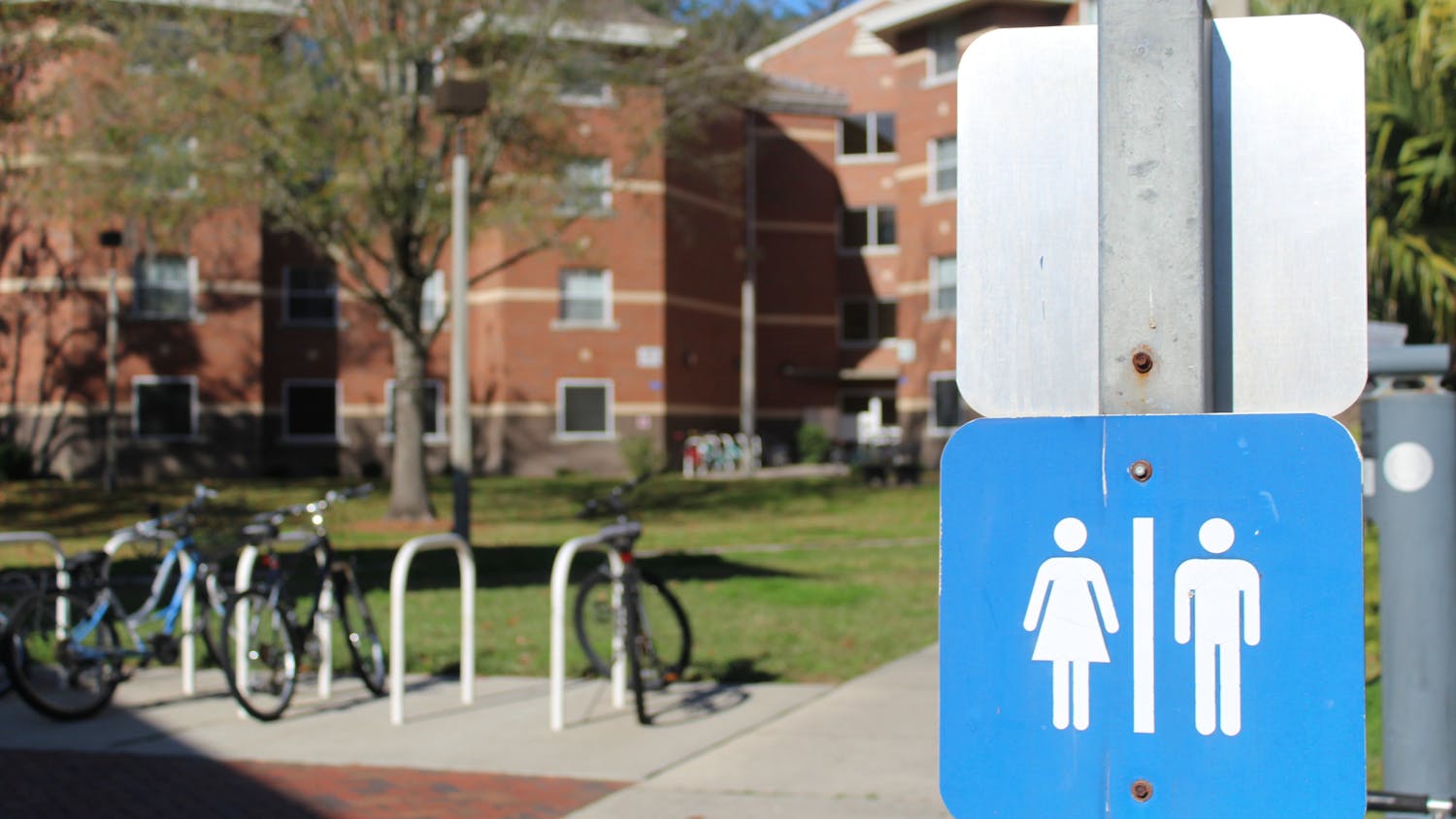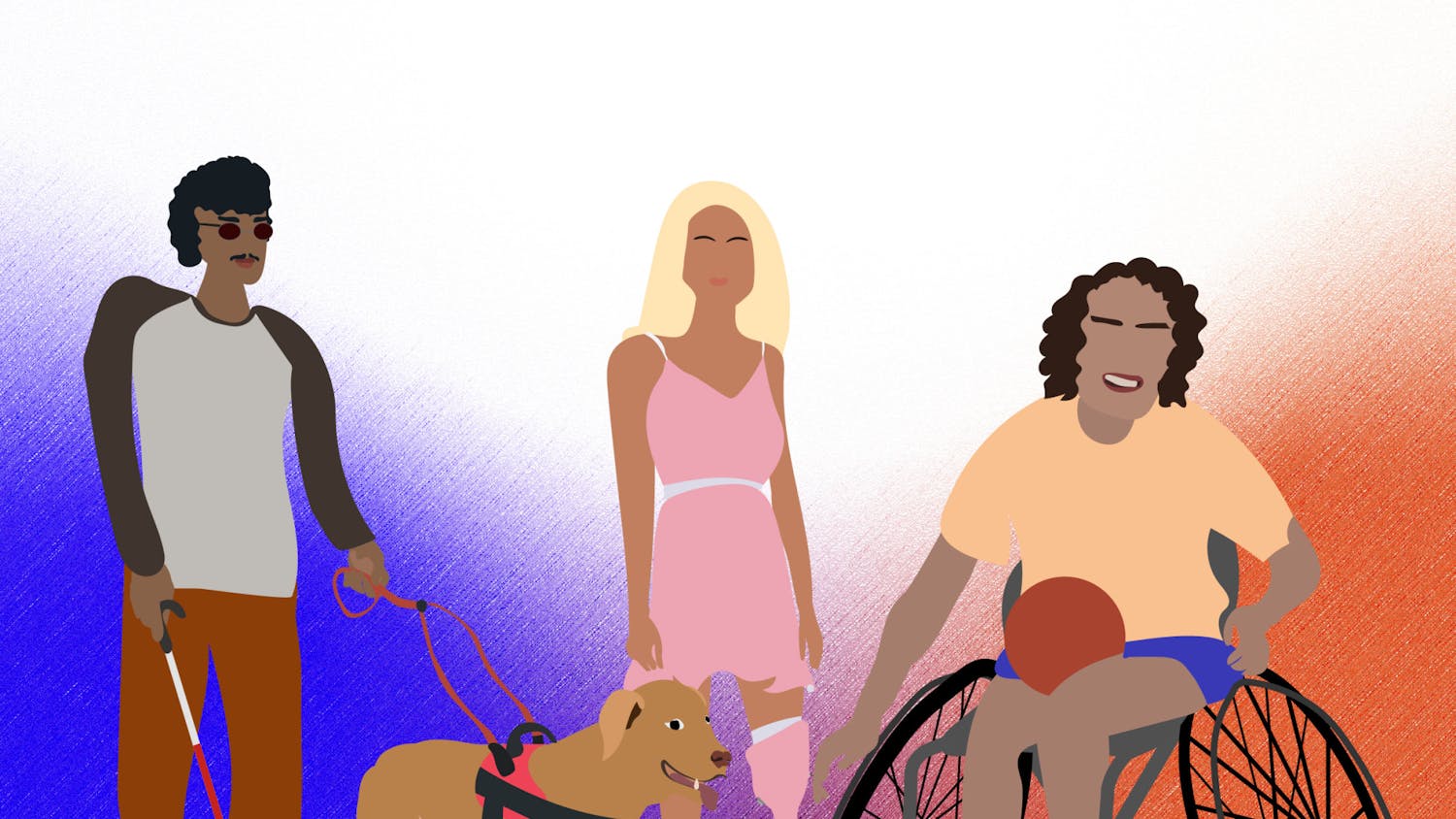Freshman Robyn Clarke’s transition to college was like any other — filled with anticipation and excitement. But unlike most students, Clarke lives with cerebral palsy, a neurological disorder affecting movement and posture, making her transition into a dorm a little different.
“I’m not strong enough to open the door on my own,” Clarke said. “When I try, it just takes all of my strength and effort.”
As she looked for a college to attend, Clarke struggled to find a university with on-campus housing where she could live safely on her own terms.
“I still need a lot of help doing regular, everyday tasks,” Clarke said. “But the problem that (my family) kept coming up with was that none of the other schools really had the accommodations I needed.”
Clarke eventually found a home in UF. With plans to expand from 11 to 19 handicap-accessible rooms by next summer, UF could house more like her.
UF is one of few schools in the country to offer secure, inclusive housing for students living with disabilities, said Jenna Gonzalez, associate director and learning specialist for the Disability Resource Center.
“We have the ADA law as the baseline, but UF just took it above and beyond,” Gonzalez said. “It’s really rewarding to see how accessibility has changed.”
The accommodations provided by UF are giving Clarke a new-found freedom. She lives in Cypress Hall, which was built in 2015 and provides student with disabilities a secure place to live independently.
Every dorm on the first floor is handicap accessible, Clarke said. Each room is also specially designed to fit the student’s individual needs. A furniture shop customizes furnishings to make the area more accessible.
“It just seems like UF has thought of nearly everything,” Clarke said. “This dorm is allowing me to be independent in a way I never have been before.”
In addition to customized furniture, UF and the University of Illinois at Urbana-Champaign are the only U.S. schools to provide tools for students with disabilities such as ceiling lifts for in-room mobility and bang bars, which are vertical, metal bars that just need a gentle tap to open doors, Gonzalez said.
“Now, I’m able to go downstairs on my own without it being such a big undertaking,” Clarke said.
There are different levels of residential accommodations, from rooms without carpet for students suffering from allergies and asthma to single dorms for those with anxiety and depression. Gonzalez works with each student who qualifies to find or create housing that suits them.
“Without this, I don’t know where I would have gone. I might have been stuck at home taking classes online,” Clarke said. “Because of these accommodations, I’m able to come here, live my dream and get a degree that I can then use to go out and make a difference in this world.”





